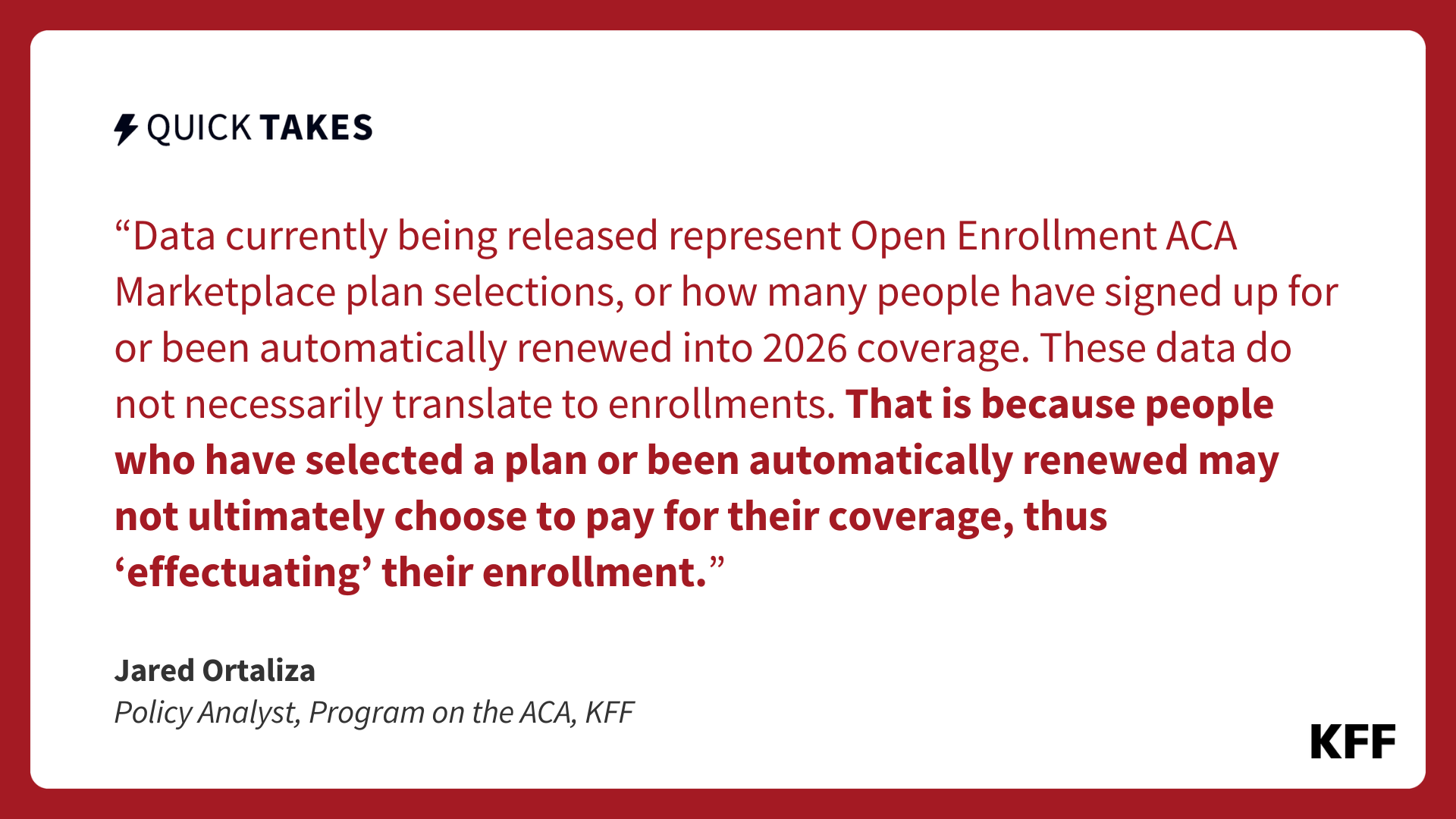State Efforts Provide Limited Relief from Tax Credit Expiration
Some states are trying to blunt the impact that the ACA’s expired enhanced premium tax credits will have on consumers by implementing their own state-funded subsidies and other programs aimed at stabilizing premium costs.


 Kaye Pestaina
Kaye Pestaina  Jared Ortaliza
Jared Ortaliza  Laurie Sobel
Laurie Sobel 

